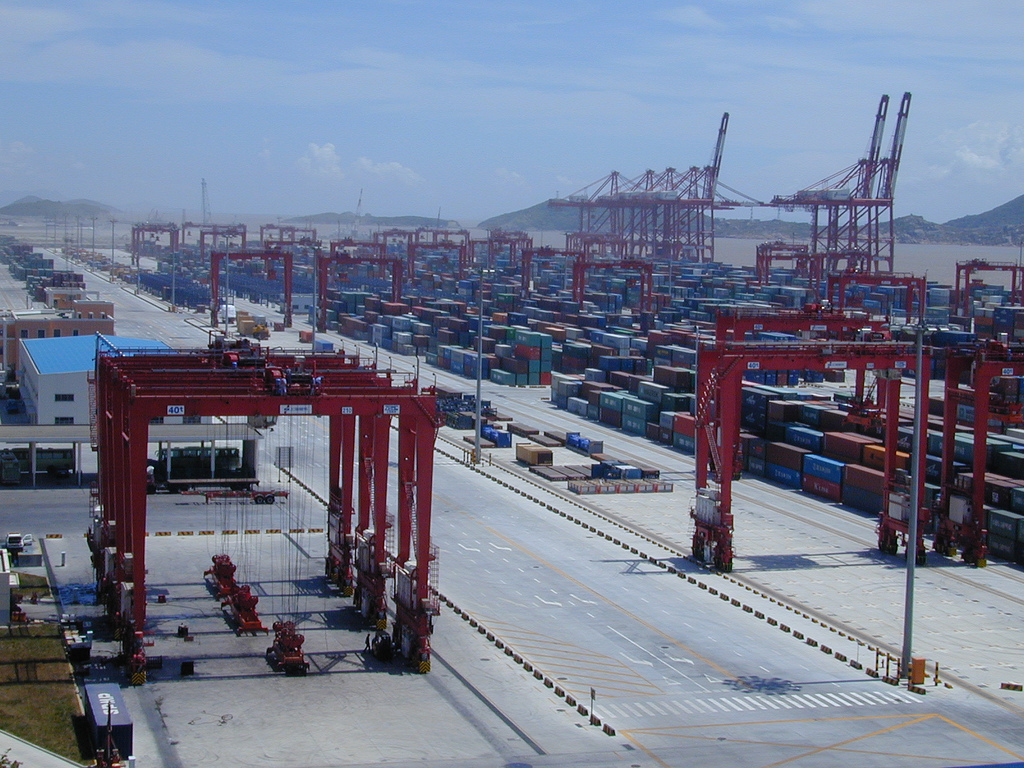KUALA LUMPUR — China’s latest retaliation to the US’ 125% tariff is to raise its levy on US goods to 84% and to add over a dozen companies to control and restricted lists, upping the ante in the trade war between the two countries.
The extra 50% tariff on all imported gods from the US will start April 10, state-run Chinese television channel CCTV reported Wednesday.
The additional levy matches the 50% US President Donald Trump’s piled on top of the earlier 34% tariff for China, for a total of 104% tariff. However, in the latest development, this has been raised to 125% for China while other US trading partners get a 90-day reprieve on reciprocal tariffs.
Announcing China’s response, the State Council Tariff Commission in a statement called the US escalation of tariffs on China “a mistake upon mistake, severely infringing upon China’s legitimate rights and interests, and seriously damaging the multilateral trading system based on rules.”
Beijing earlier warned that it would “fight to the end” if the US imposed further trade restrictions.
Additionally, China’s Ministry of Commerce added 12 companies – mainly US defence firms supplying the Pentagon and government agencies – to a control list that prohibits exports of dual-use (military and civilian) items.
Beijing also added another six US companies to its “unreliable entities” list which banns them from China-related import and export activities, as well as investing in the country.
It added that the six firms were added over arms sales or military cooperation with Taiwan.
“In recent years, the six companies, including Shield AI and Sierra Nevada Corporation, have… seriously jeopardised China’s national sovereignty, security and development interests,” the commerce ministry’s statement said.
California-based Shield AI specialises in artificial intelligence-powered aircraft, especially military drones, while long-time Pentagon and Nasa contractor Sierra Nevada Corporation last year was selected by the US Army to convert a fleet of business jets into cutting-edge spy planes.
While the affected firms have little to no business in China, according to a Reuters review of corporate records, the new restrictions could potentially disrupt their supply chains.
China earlier filed a complaint to the World Trade Organisation over the US tariffs. – April 10, 2025

